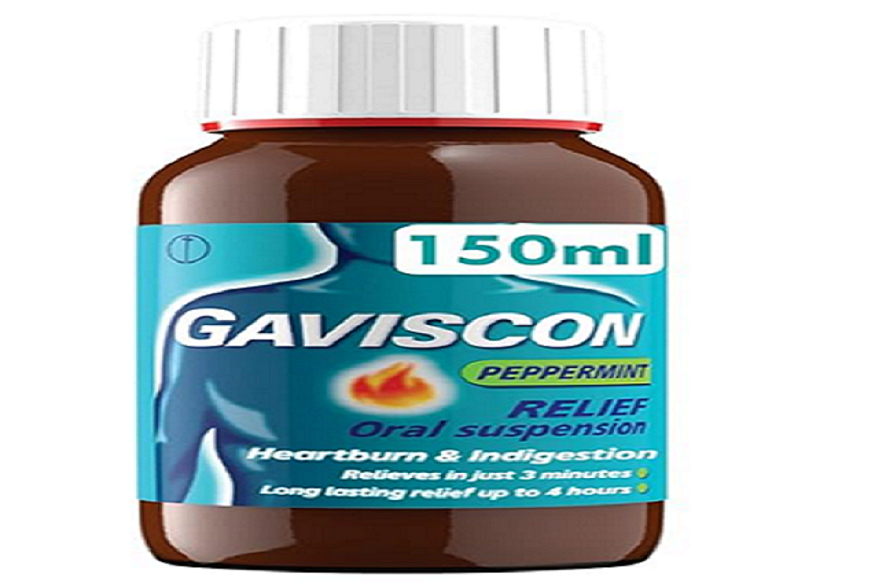That first bite from a plate of spicy food surely tastes delicious. But what follows later, usually in bed around midnight, isn’t nearly as pleasant. Spicy food and acidity are quite frustrating and they keep showing up together and making life uncomfortable. But the reality is, you don’t have to give up one to prevent the other.
What is Causing That Heart Burn?
Most people think chilli equals heartburn. Simple as that. But the relationship between spicy food and acidity is not so straightforward. Spices do not directly cause acid reflux in everyone. What it can do is relax the lower oesophageal sphincter, which helps to keep stomach acid where it belongs. When that gate gets lazy, acid creeps up. That’s when the fire starts.
But it’s not just spice. Foods that cause acid reflux sneak into our diets daily. Tomatoes, onions, chocolate, and citrus all top the list. So yes, you may skip the hot sauce and still feel the burn if you’re sipping orange juice or munching on garlic bread.
The Hidden Triggers That Set You Off
What you eat is only part of the problem. The how and when matter too. Late-night meals, big portions, or eating on the couch while scrolling your phone—these habits trigger more than just guilt. They trigger acid reflux. Wearing tight clothes during or after meals can put pressure on your belly and make things worse. So can stress. And lying down right after dinner? That’s a direct invitation for heartburn.
There’s no universal list of triggers for GERD—everyone’s gut has its own opinion. Which is why figuring out your personal trigger combo is half the battle.
How to Still Enjoy the Heat Without the Hurt
Let’s be clear—this is not a blog that tells you to quit spicy food. You can enjoy spicy food without acidity with mindful eating. Avoid consuming frying your food with spices too much; roasting or sautéing is easier on digestion.
Skip alcohol or soda with your spicy meal. Both make reflux worse. Sip water or coconut water instead. Chew slowly, don’t overload your plate, and give your gut a chance to process. And never eat spicy food on an empty stomach—that’s asking for trouble.
What to Eat and What to Avoid
Here’s the quick cheat sheet. Eat more of these:
- Cooked oats
- Bananas
- Brown rice
- Boiled or grilled lean meats
- Yogurt
Avoid these spicy food heartburn culprits:
- Garlic-heavy dishes
- Onions (especially raw)
- Carbonated drinks
- Tomato sauces
- Vinegar-based pickles
Keeping meals light and balanced goes a long way. Heavy meals drown your digestive system and force acid to rise.
Smart Habits That Keep Acidity in Check
Instead of popping antacids after every meal, build habits that help. Eat dinner at least 2 hours before lying down. Sleep with your head slightly elevated. Take short walks after meals. Keep a food journal if you need to spot patterns. Small changes always lead to big results.
When It Still Burns—What You Can Do
Despite your best efforts, some meals might still hit back. That’s where fast-acting relief can save your night. Products like Gaviscon don’t just neutralise acid—they form a protective layer that prevents it from rising. It starts working in minutes, comes in mint and peppermint flavours, and is free from sugar and gluten. It’s even safe for pregnant or breastfeeding women and does not need any prescription , but it’s always good to check with your doctor if you have any other underlying issue. For those times when your gut says no but your cravings say yes, Gaviscon helps you bounce back faster.






